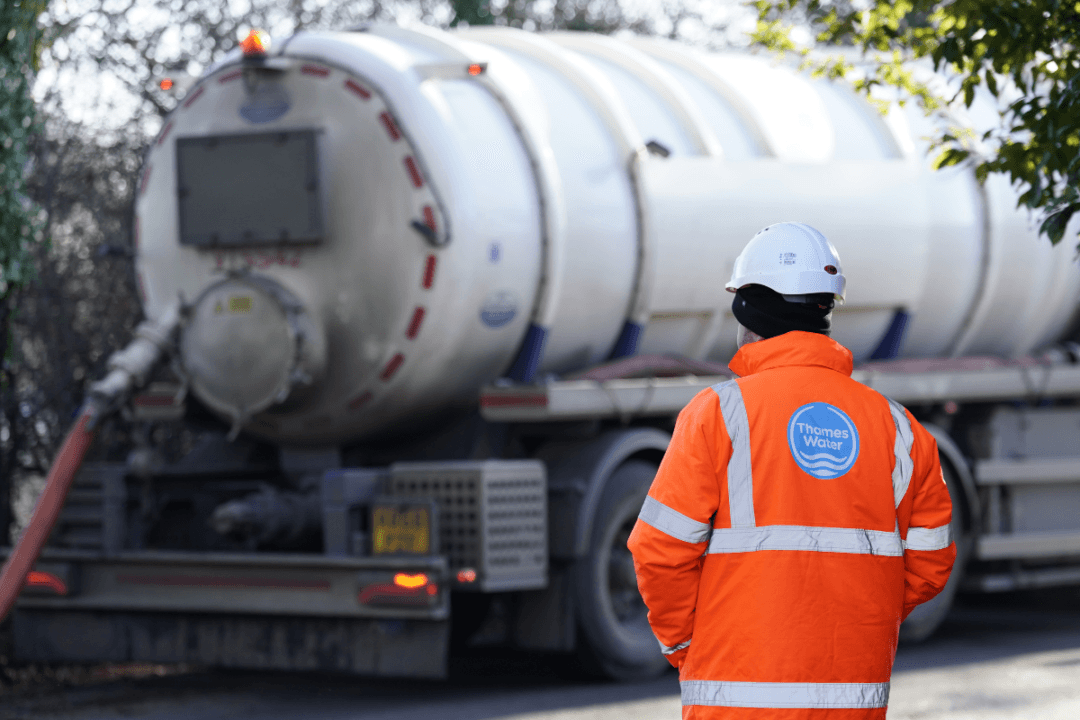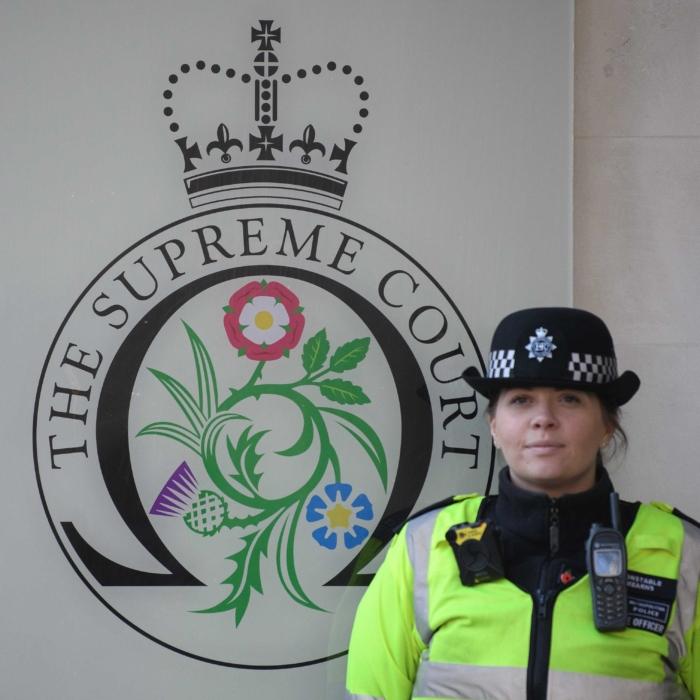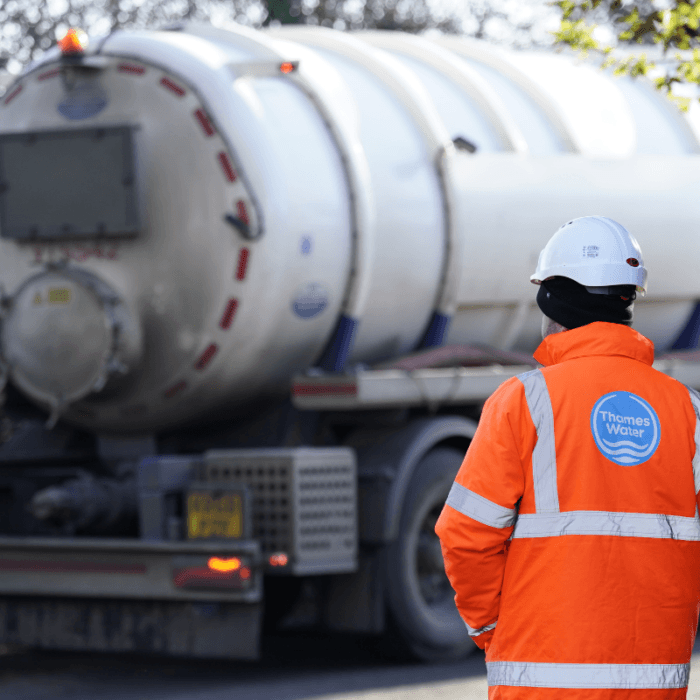All 11 water and wastewater companies in England and Wales are under investigation by Ofwat over their environmental performance and waste spills, the regulator has announced.
Ofwat has served formal notices to Dŵr Cymru Welsh Water, Hafren Dyfrdwy, Severn Trent and United Utilities after analysing how they manage sewage treatment works and how often they spill from storm overflows.
Ofwat now has enforcement activities underway against 11 companies, having announced cases against Anglian Water, Northumbrian Water, South West Water, Thames Water, Wessex Water, and Yorkshire Waterwere in 2022.
The regulator is also still monitoring Southern Water, following a previous enforcement case in 2019.
Ofwat chief executive David Black said that the investigation is the largest and the most complex the regulator has undertaken.
Legislation and Breaches
Water and wastewater companies are required to limit pollution spills in waterways under the Urban Waste Water Treatment Regulations 1994. These regulations were put in place to ensure that discharges of untreated storm sewage from treatment works are not commonplace.The law stipulates that spills can only occur in unusual circumstances, such as a result of unusually heavy rainfall.
Water companies are required to build and manage their operations in accordance with flows of wastewater, typical to their local area and weather conditions.
The regulator has found that water companies are in breach of these obligations. They now must secure compliance in order to avoid fines.
The fines can be up to 10 percent of a company’s relevant turnover.
If a water company formally commits to appropriate measures to secure its compliance and provides “redress for its failures,” Ofwat can reduce or cancel the penalty.
Following the announcement of the enforcement cases, United Utilities and other named firms will have the opportunity to respond. They can provide evidence and explanations for their actions, which will be considered by the regulator before a final decision is made.
Ofwat plans to publish its decisions for public consultation in the first quarter of 2024. The regulator will then take on board the responses to the consultation as part of its final decisions on each of the cases.
“Ofwat is committed to concluding these cases as quickly as possible, so that the sector can focus on delivering the £88 billion expenditure PR24 will unlock to deliver cleaner rivers and seas. As part of this package of investment £10 billion is ear marked to tackle storm overflows with a target to reduce spills from storm overflows by 44 percent,” said Mr. Black.
In recent years, the UK has experienced a nationwide pollution scandal, with water companies being exposed for their poor environmental standards, including Thames Water, which was found to have pumped raw sewage into waterways.
In England last year, sewage spills into rivers and seas more than doubled. According to the Environment Agency, there were 3.6 million hours of spills in 2023 compared to 1.75 million hours the year before.
Environmental activists believe that the ruling sets a precedent, exposing private water companies to a potential flood of legal action.







